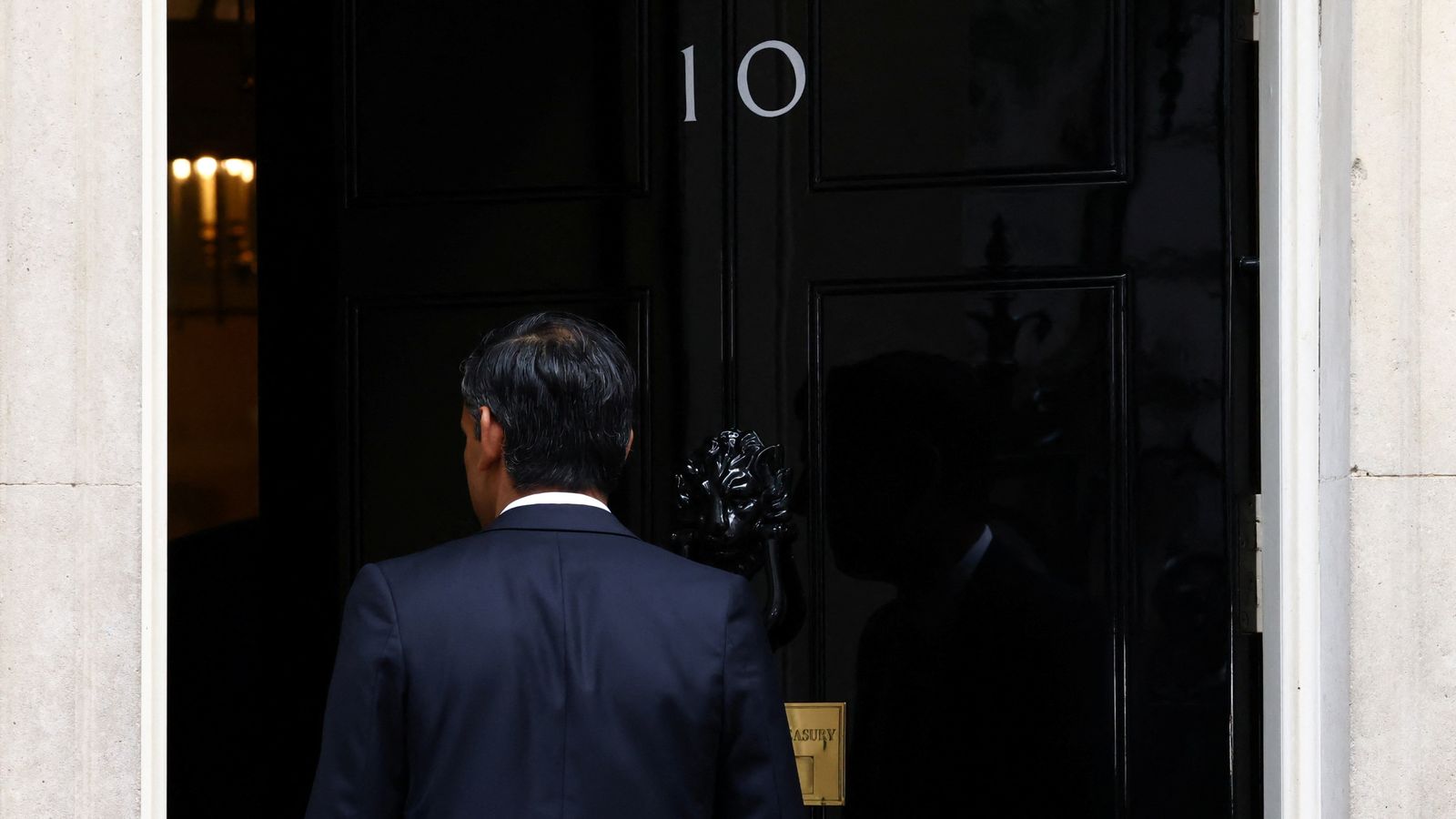Rishi Sunak has vowed to phase out university degrees that do not improve students’ “earning potential”, under plans to reform education if he became the UK’s next prime minister.
In proposals announced tonight, the Tory leadership contender pledged to create a Russell Group of technical colleges.
The changes would mark “a significant stride towards parity of esteem between vocational and academic education,” his campaign said.
Were he to beat Liz Truss in the leadership contest, Mr Sunak committed to strengthening networks of technical institutions and their links with industry, as well as giving them powers to award degrees.
“A good education is the closest thing we have to a silver bullet when it comes to making people’s lives better,” the former chancellor said.
He promised his reforms would “take a tougher approach to university degrees that saddle students with debt, without improving their earning potential”.
Mr Sunak attended fee-paying private school Winchester College, before studying Philosophy, Politics and Economics (PPE) at Oxford University.
Read more:
The Battle for Number 10: A test of the breadth, depth and agility of the country’s next PM
The former chancellor promised to assess university degrees through their drop-out rates, numbers in graduate jobs and salary thresholds – making exceptions for nursing and other courses with high social value.
In an apparent bid to appeal to the right, Mr Sunak’s campaign said he would also expedite the Higher Education (Freedom of Speech) Bill, which the government argues is necessary to tackle growing intolerance in universities.
Opponents suggest it is aimed at addressing a problem that does not exist and could protect hate speech.
Mr Sunak also pledged to improve professional development for teachers, progress plans announced by the Government in June to open 75 new free schools, and give school trusts an “accountability holiday” for two years after taking on underperforming schools.
As part of her plans for education, rival Liz Truss has committed to replacing failing academies with new free schools, and promised that pupils with top marks at A level would get an automatic invitation to apply for Oxbridge and other prestigious universities.




